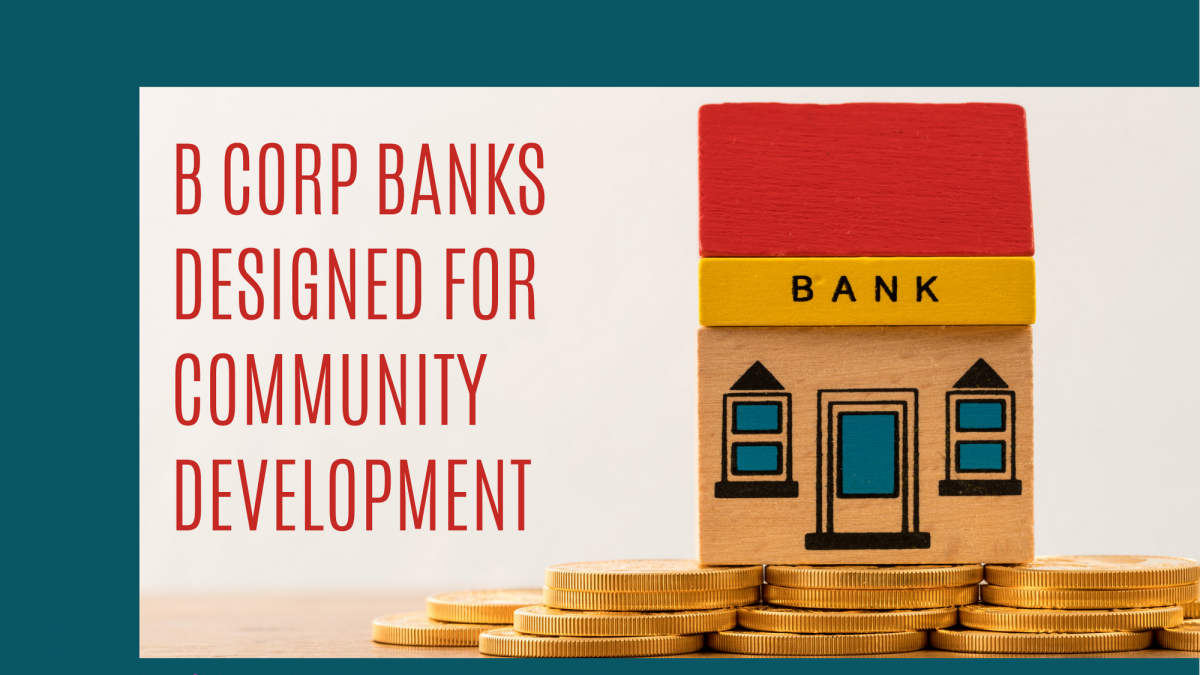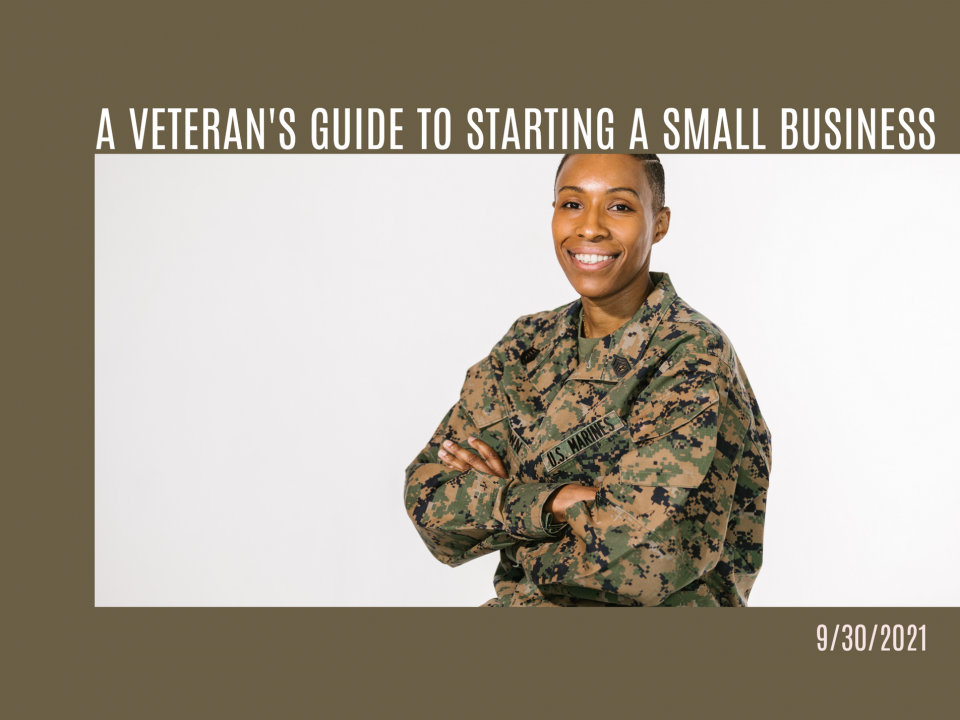B Corp Banks Designed for Community Development

Securing Funding For Your Business: Debt vs Equity Investment
April 14, 2021
5 Ways to Challenge Growth This Small Business Week
May 6, 2021For the sake of profit, some businesses make choices that explicitly or implicitly negatively affect our world. Workers are underpaid for their labor, plastic packing supplies are chosen over more environmentally friendly counterparts, and messaging can promote archaic ideologies. However, some companies legally obligate themselves to do better.
A growing number of banks are seeking and getting B Corp certification. What does this mean? And how does it affect the way you bank?
What are B Corps and Benefit Corporations?
B Corps, and their cousins Benefit Corporations, are companies that have chosen to dedicate their efforts to more than just making profits. They have legally incorporated social or philanthropic goals into their mission and vision.
When making decisions, these businesses not only work toward profit, but consider the effect of these choices on their workers, customers, suppliers, community, and the environment. There are a growing number of these enterprises, certified as B Corps by B Lab.
B Corps and benefit corporations write (or re-write) their corporate by-laws to include goals for multiple stakeholders, including shareholders. For accountability, they provide annual reports that detail their progress on their social goals, as well as their financial performance. Social goals can be environmentally friendly operating practices, recruitment or employment goals, giving-back goals, benefits to customers (improved health or education), etc.
Benefit corporations and B Corps can be public or private. Some examples of well-known benefit corporations are Kickstarter, King Arthur Flour, Patagonia, Laureate Education, Plum Organics. Ben & Jerry’s (now owned by Unilever) was one of the first companies to become a B Corp.
What is a B Corp Bank?
Now, a growing number of community banks, including some Community Development Financial Institutions (CDFIs), are becoming B Corps.
This is an exciting development. Banks are an essential element in the day-to-day operations of small businesses. But many of the national banks, while convenient, participate in activities that are not necessarily consistent with a “business for good” ethic.
Community banks, by their nature, commit to their local economies and their small business customers. They are mutually owned banks without shareholders or dividends. That governing structure easily lent itself to the B Corp’s assessment for certification. Customers and the community become the shareholder beneficiaries. And for B Corps, this is the type of community engagement that helps businesses do better.
Here is a link to an article that identifies seven B Corp banks. Take a look and see if one of these banks appeal to you.
https://www.thegoodtrade.com/features/green-banking
Ask the bank representative for their annual report. This report should specifically identify their achievements linked to their social mission. (Note: in the U.S., banks charter by state, so not all of these banks are allowed to do business in every state.)
Have you worked with any of these banks? What do you like about it? What is lacking? Let us know!




1 Comment
Good day! I could have sworn I’ve vksited this website before but aftr going through
a few of the polsts I realized it’s new to me. Anyhow, I’m definitely happy I
discovered it and I’ll be book-marking it and checking back frequently!